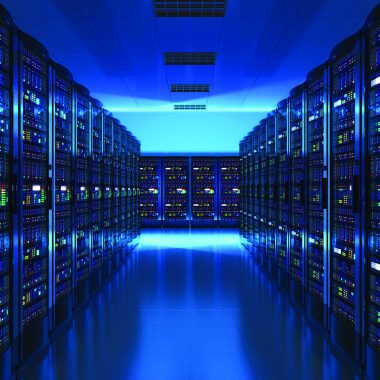Interstellar Lab
So far, Interstellar Lab has tested 10 different vegetable and microgreen plants (including Daikon radish, broccoli, amaranth, shishito peppers, fenugreek, and onions), one mushroom variety (oyster), and one insect species (black soldier flies), with plans to add more to the list.
They’re all fresh and edible — including the flies. The variety isn’t designed for astronauts’ appetites, though. It’s for their health.
Due to solar radiation, the nutritional value of prepackaged food starts to degrade after being in space for seven to eight months, which can leave astronauts on long-duration space missions deficient in key vitamins and minerals like magnesium, potassium, and B12, according to Barbara Belvisi, Interstellar Lab’s founder and CEO.
Researchers have found that these nutritional gaps can make it difficult for astronauts to combat bone loss, muscle atrophy, cardiovascular dysfunction, and the other physiological challenges that come with living in space.
“There was a list of specific nutrients that NASA was interested in growing fresh food to cover those gaps. And so this is where we started,” Belvisi said, adding that NuCLEUS is designed to supplement prepackaged food, not replace it.
For the final phase of NASA’s competition, NuCLEUS produced about 22 pounds of plants and insects over 1.5 months. A single crew member on a long-duration mission, like to Mars, would require about 661 pounds per year (or about four times that amount), Belvisi said.
She added that the version tested for NASA’s competition is a prototype and the company is working on the next generation, which will be capable of producing more food.
Farming in space with AI
Interstellar Lab
While NuCLEUS was designed with NASA astronauts in mind, Belvisi said that Interstellar Lab is also working with private companies.
Interstellar Lab is scheduled to launch one of its NuCLEUS systems into space early next year — but it’s not yet revealing for which company, she said.
The $750,000 winnings will go partly toward upgrading NuCLEUS’s hardware, readying it for space, and paying the team, Belvisi said. “It’s been three years of hard work.”


